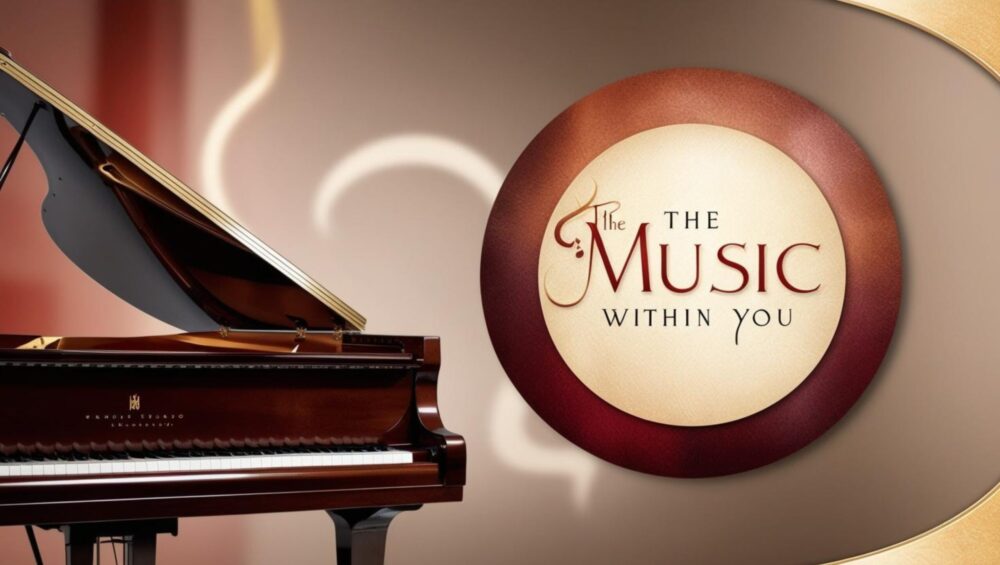➤ Middle School to Early High School (Grades 6–9)
- Recommended: 1–2 hours per day
- Practice Focus:
- Major and minor scales, arpeggios
- Finger independence with exercises like Hanon
- Simple classical repertoire (e.g., Bach Minuets, Clementi Sonatinas)
- Sight reading and rhythmic development
At this stage, the goal is to build a strong technical foundation and start developing musical sensitivity.
➤ Late High School (Grades 10–12)
- Recommended: 2–4 hours per day
- Practice Focus:
- More advanced repertoire: Bach Preludes & Fugues, Beethoven Sonatas, Chopin Nocturnes
- Technical drills: full-key scales, arpeggios, octaves, broken chords
- Etudes: Czerny, Chopin, Liszt
- Memorization, musical interpretation, and audition preparation
- Music theory and sight reading
Students applying to competitive programs often push to 4–6 hours daily in their senior year, especially in the months leading up to auditions.
🧱 Sample 3-Hour Daily Practice Schedule
Here’s a well-rounded structure you can adapt based on your level:
Hour 1 – Technique & Warm-Up
- 20 min: Scales and arpeggios (different keys daily)
- 15 min: Finger drills (Hanon, Czerny)
- 15 min: Sight reading & rhythm exercises
- 10 min: Slow practice of tough spots in your repertoire
Hour 2 – Repertoire Study
- 30 min: Focused work on your main piece
- 15 min: Isolated tricky passages, hands separately
- 15 min: Secondary repertoire (contrasting style or period)
Hour 3 – Musicality & Extras
- 20 min: Phrasing, tone, and dynamics
- 20 min: Memorization and mental practice
- 20 min: Music theory, analysis, or ear training
🧠 Smart Practice Tips (Not Just More Hours)
Practicing more doesn’t always mean better. Here are a few pro tips to maximize your time:
- Use a timer to break your practice into chunks
- Practice slowly and deliberately—speed comes later
- Record yourself weekly to monitor growth
- Mark up your scores with notes, fingerings, and phrasing
- Take short breaks every hour to avoid fatigue or injury
🏫 What About Once You’re in College?
Congratulations! Getting into a music program is a huge achievement—but the real work starts now.
➤ Recommended College Practice Hours:
- Minimum: 3–4 hours daily
- Ideal (Performance Majors): 4–6 hours daily, split into sessions
In college, your schedule will include lessons, music theory classes, rehearsals, and ensemble commitments. That’s why structured practice is crucial.
📘 College-Level Practice Focus:
- Technique and etudes: 1 hour
- Solo repertoire: 2–3 hours
- Chamber music, accompaniment, or ensemble prep: 30–60 min
- Score study, theory integration, and ear training
🎓 Keys to Success in College:
- Block off consistent daily practice time
- Keep a practice journal to log goals and achievements
- Work closely with your professor to fine-tune your technique and interpretation
- Listen to professional recordings of your repertoire for inspiration
🎬 Final Thoughts
Whether you’re dreaming of a top conservatory or just want to play piano at a high level, daily practice is your ticket. Start small, stay consistent, and scale up your hours as your skills and goals grow.
Remember: It’s not just about putting in time—it’s about being intentional with your practice. Practice piano like a pro, and you’ll be ready for the college stage and beyond.





